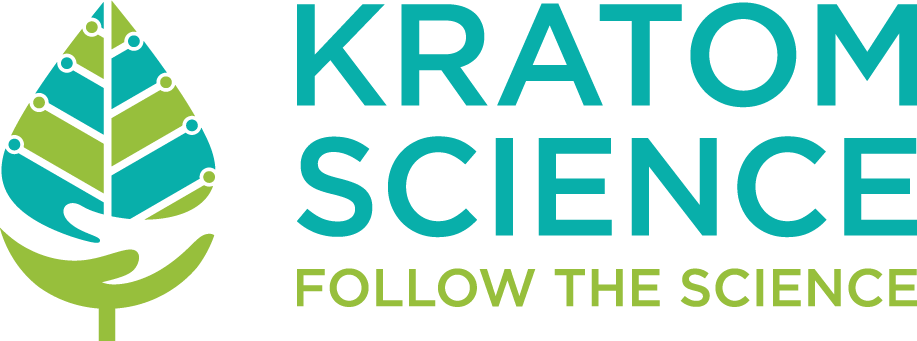Kratom in Finland
Kratom Legal Status
Regulated as a controlled substance. According to the Finnish Medicines Agency, kratom may be imported and stored for legitimate industrial and scientific purposes.
Law
Where to buy kratom in Finland
Shipments are allowed when sent from an European Union member state where kratom is legal, regulated by the EU customs union in the Lisbon Treaty.
National drug strategy & laws
The 1997 National Drugs Strategy sets the principles and objectives of Finland’s drug policy, and subsequent government resolutions have outlined actions for specific periods, focused primarily on illicit drugs and covers five themes: national coordination of drug policy; prevention and early intervention; addressing drug-related crime; drug treatment and harm reduction; and EU drug policy and international cooperation. The National Drug Policy Coordination Group is responsible for interministerial coordination.
The central framework for drug legislation in Finland is based on the Narcotics Act. The provisions for drug offences are laid down in Chapter 50 of the Penal Code. The use of drugs and the possession of small amounts of drugs for personal use constitute drug use offences that are punishable by a fine or a maximum of 6 months’ imprisonment. Drug offences include possession (whether for personal use or supply), manufacturing, growing, smuggling, selling and dealing.
Psychoactive substances
In 2014, the Narcotics Act was amended to address both narcotics and ‘psychoactive substances banned from the consumer market’, otherwise known as new psychoactive substances. These substances are listed in a government decree following a defined procedure of evaluation, and unauthorised supply is classed as an offence endangering health and safety, punishable by up to 1 year in prison according to Chapter 44 of the Penal Code. Illegal import is classed as smuggling and thus punishable by up to 2 years in prison.
When a substance is classified as a psychoactive substance banned from the consumer market, its manufacture, importation, storage, sale and release will be prohibited. However, possession and use of substances are not punishable. Substances may be imported and stored for legitimate industrial and scientific purposes, provided that reports of the import and use of the substances have been notified in advance to Fimea (Finnish Medicines Agency).
Herbs included in the list of prohibited psychoactive substances are Salvia Divinorum and Kratom (Mitragyna speciosa). These are considered to be common in the use of intoxicants and have not been found to have medical uses.
In December 2014, the Finnish Narcotics Act was amended to include a definition of psychoactive substances banned in the consumer market that may be harmful to health. Not all of the narcotic drugs forbidden by the Regulation on Prohibited Psychoactive Substances have been established for use in Finland, and not all of them have so far proved to be significantly dangerous. No information has been reported on the substances to justify their classification as a drug in Finland.
National treatment policy
In Finland, drug treatment is provided in a broader context of substance use treatment. The provision of substance use treatment is the responsibility of the regions and municipalities and is regulated by the Act on Welfare for Substance Abusers, the Social Welfare Act, the Mental Health Act and a decree governing detoxification and opioid substitution treatment (OST).
Services are provided by municipalities or private service providers, working on either a profit or a non-profit basis. The majority of treatment is provided in specialised social services; however, increasing numbers of people receive drug and other substance use treatment within generic healthcare services. This is particularly the case for the provision of OST, which has increasingly been transferred to health centres or pharmacies.
Drug treatment is mainly funded by the public budget of the communities; it is either free of charge or subject to a small customer fee.
Specialised medical care for individuals with drug dependencies is also provided in emergency clinics and mental health services. However, the available treatment is often focused on the needs of opioid users. Long-term treatment options for amphetamine users remain limited.
OST is typically initiated in specialised inpatient units, after which clients are transferred to social outpatient services or health centres. General practitioners and pharmacies are increasingly involved in the provision of these services. Methadone, buprenorphine and buprenorphine-naloxone combinations are used in OST.
